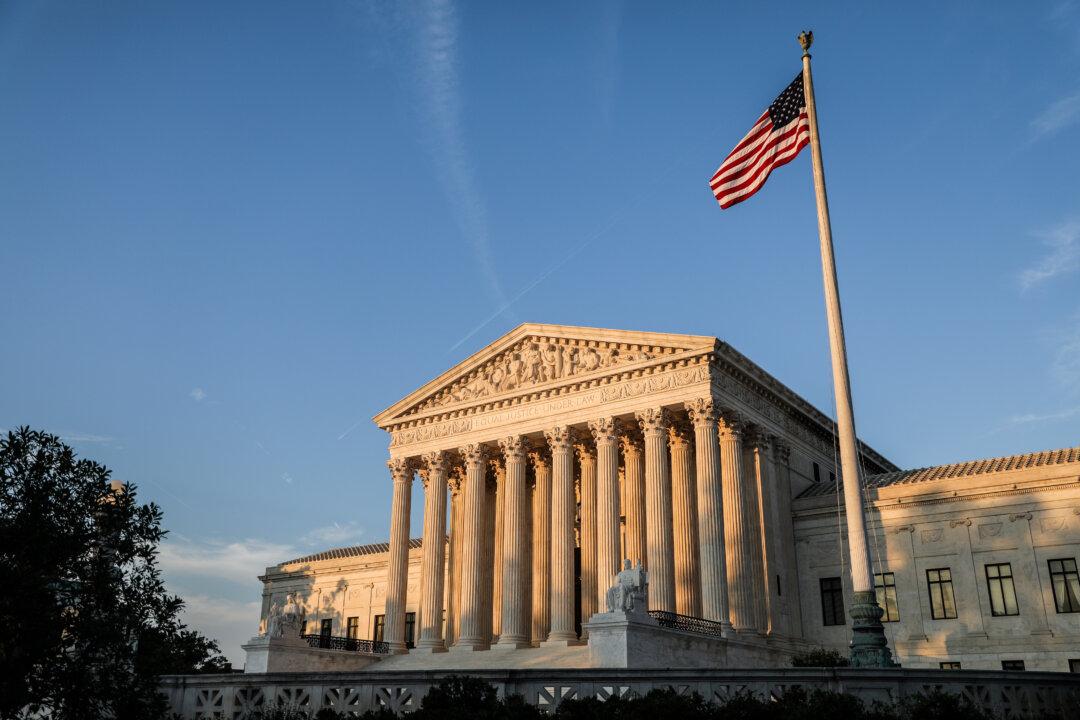The Department of Justice (DOJ) filed an emergency application on July 22 asking the Supreme Court to allow some parts of the changes the federal government made to Title IX rules related to sex discrimination, which were blocked by a lower court.
The DOJ is arguing that the wholesale pause to the rule changes was “more burdensome” than necessary, asking the Supreme Court to limit the district court’s injunction to 10 states and to only those changes related to gender identity.





